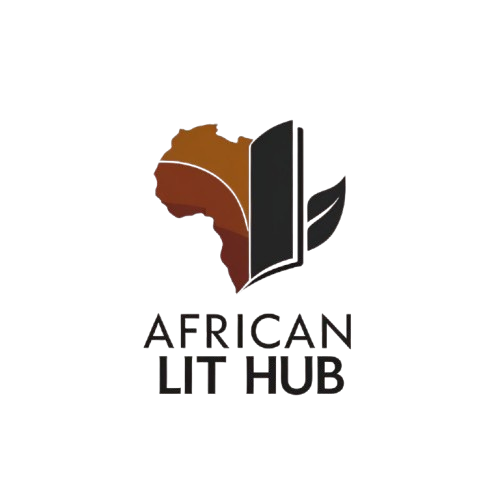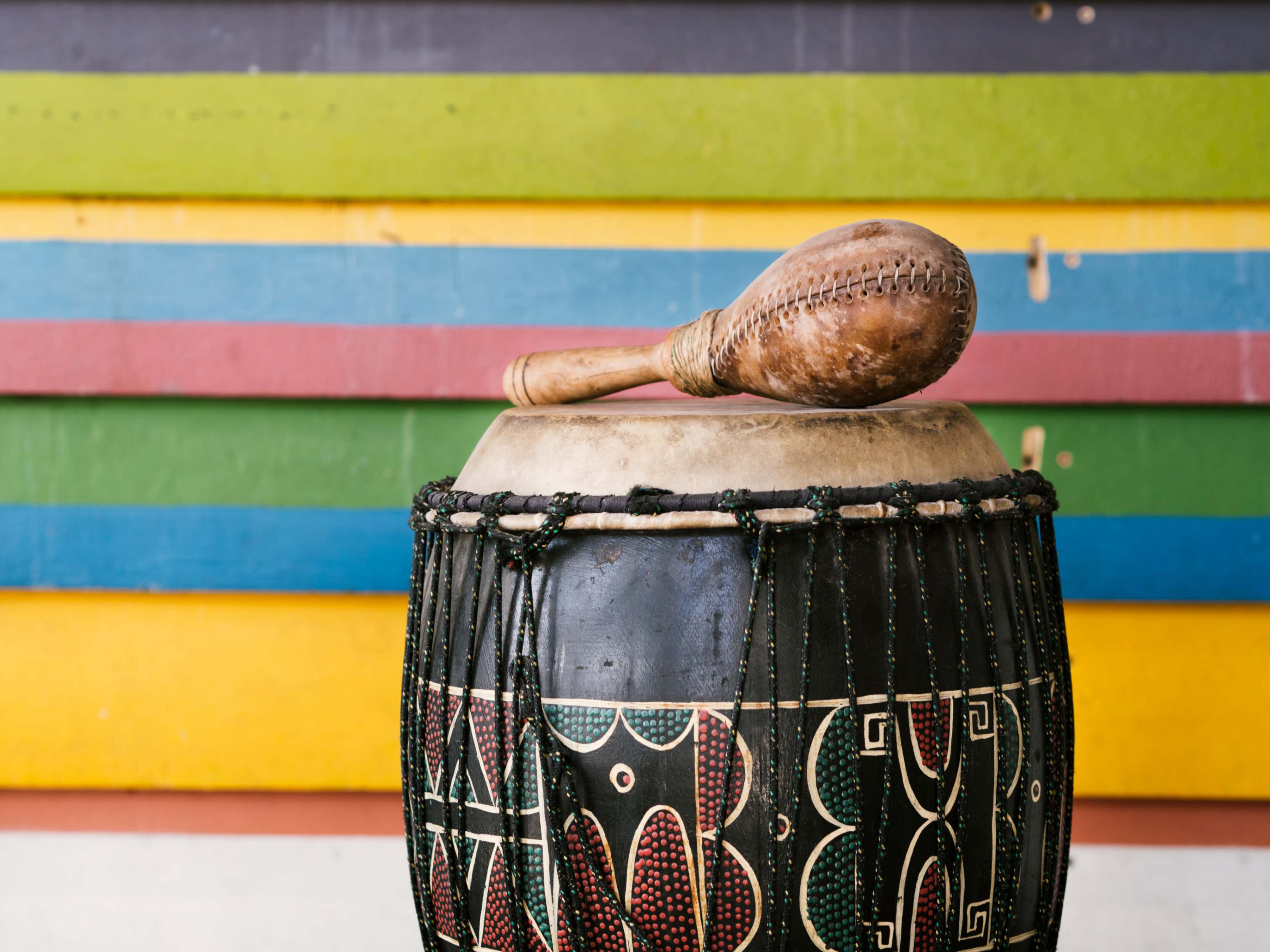Africa’s oral literature is the foundation of its literary tradition. Long before the written word became widespread across the continent, Africans preserved history, philosophy, values, and identity through spoken word performance. Passed down from generation to generation, oral literature served not just as entertainment, but also as a powerful tool for education, moral instruction, cultural preservation, and social cohesion.
What is Oral Literature
Oral literature refers to cultural narratives, expressions, and performances transmitted by word of mouth. They are passed on from generation to generation, forming the core of a people’s culture. Usually, oral literature forms include a wide range of genres such as folktales, proverbs, myths, riddles, songs, epics, chants, and praise poetry. Whereas written literature exists in fixed form, oral literature is dynamic and performative. Each retelling may vary slightly based on the audience, context, and the creativity of the performer. This flexibility has allowed oral traditions to evolve while retaining their core messages and communal values.
Key Forms of Oral Literature
The key forms of Africa’s oral literature include folktales, proverbs, praise poetry, and many others.
Folktales
Folktales are stories that have been preserved and passed on orally across generations. They are communally owned. Though they may include animal characters, they essentially reflect the daily lives of humans. Consequently, they are not fables. Common characters of folktales may include the trickster (e.g., Ananse the spider) and the wise old man or woman. There could also be other characters like the foolish or greedy as well as talking animals with symbolic roles.
These tales often begin with formulas like “There was, and there was not…” and are told in communal settings, especially around evening fires.
Proverbs
Proverbs are concise, metaphorical expressions that encapsulate cultural wisdom and ethical guidance. In African societies, proverbs are tools of diplomacy, persuasion, and instruction. Proverbs are often used in speeches, court proceedings, rites of passage, and daily conversation. They elevate communication by embedding deep meaning in a few words. Typically, many African languages are richly endowed with proverbs. Therefore, any speaker who carefully interweaves his speech with proverbs is widely regarded as eloquent.
Praise Poetry
Praise poetry is a subgenre of traditional poetry. Characteristically, it is rhythmic recitation or chanting, often improvised. As such, it makes room for poets to improvise to adapt content to suit various occasions. Often, praise poetry utilizes metaphors, epithets, and mnemonics for historical memorization and adaptation in performances. Highly respected praise poets (griots or bards) preserve genealogies, celebrate heroes, and reinforce cultural values through their performances of praise poems.
Epics and Historical Narratives in Oral Literature
Epics are long oral poems recounting the heroic deeds of ancestors or legendary figures. Examples include: The Epic of Yaa Asantewaa, Okomfo Anokye, Sundiata, and Mwindo. Often, these stories blend fact and myth to assert lineage, pride, and communal identity. Again, performance with music and audience interaction often characterizes the ceremonies.
Riddles and Songs
While riddles entertain, they also sharpen thinking and verbal skills, especially among children. Songs accompany every stage of life—birth, work, marriage, war, and death—and convey cultural themes through rhythm and repetition.
The Role of the Griot and Storyteller
In many African societies, oral literature is preserved and performed by professional storytellers and praise-singers. These include griots in West Africa. Importantly, these griots are preservers of memory and history and are often trained from childhood. As a result, they are very adept at performing. Significantly, their roles combine knowledge of history, music, poetry, and education.
They are custodians of memory and history, often trained from childhood. Their role combines that of historian, musician, poet, and educator. Through drums, string instruments, and vocal mastery, griots make history come alive.
Functions of Oral Literature in African Societies
Oral literature serves many functions. It educates; it is a fountain flowing with moral values, etiquette, and practical knowledge. Folktales, for example, warn against disobedience or selfishness. Proverbs guide behavior, while songs teach children language and cultural memory. Oral literature also serves as a bond for social cohesion. This is demonstrated by sharing collective experiences practically in storytelling that fosters group identity and intergenerational continuity. Again, because oral literature encodes beliefs, customs, history, and worldview even in the diaspora, it becomes a means of cultural preservation for the African Heritage. Political and Religious functions are not left out: praise poetry, for example, honours leaders and critiques power, while ritual songs accompany religious ceremonies. These affirmations are justified by validating the sacred cosmological and spiritual beliefs of the African people.
The Influence of Oral Literature on Modern African Writing
Africa’s oral traditions deeply influence its written literature. Many renowned African authors have drawn on oral forms to shape narrative style, rhythm, dialogue, and themes. Chinua Achebe’s, the acclaimed father of modern African literature is known to have used Igbo proverbs and folktales in his famous Things Fall Apart
Ngũgĩ wa Thiong’o incorporates oral cadence in his Gikuyu novels, and Wole Soyinka’s plays reflect Yoruba rituals and chants. Often, modern African Literature blends oral and written forms by maintaining a performative quality with communal sensibility. The orality in the written works of many famous African writers makes their works uniquely African.
Modern African literature often blends oral and written forms, maintaining a performative quality and communal sensibility. This “orality-in-writing” is a distinctive feature of African literature today.
Challenges and Preservation Efforts
While oral literature remains vibrant in many communities, it faces challenges due to urbanization and Western-style education, language shift from indigenous tongues to colonial languages, and a lack of formal documentation. However, efforts are underway to preserve and promote oral traditions. Prevailing modes of documentation include recording performances in audio and video formats, incorporating oral literature in school curricula, academic research and digital archiving as well as festivals and cultural centers supporting storytelling.
Conclusion
Africa’s oral literature is not just a relic of the past; it is an embodiment of Africans’ cultural identity. Through its diverse forms, oral literature shapes how Africans understand themselves and the world around them. Consequently, as we explore modern African literature, we recognize the importance of its roots in oral traditions. Indeed, these ancient voices echo in today’s novels, poems, and performances, affirming that storytelling remains at the heart of African life. Next, we explore Africa’s written literature.

